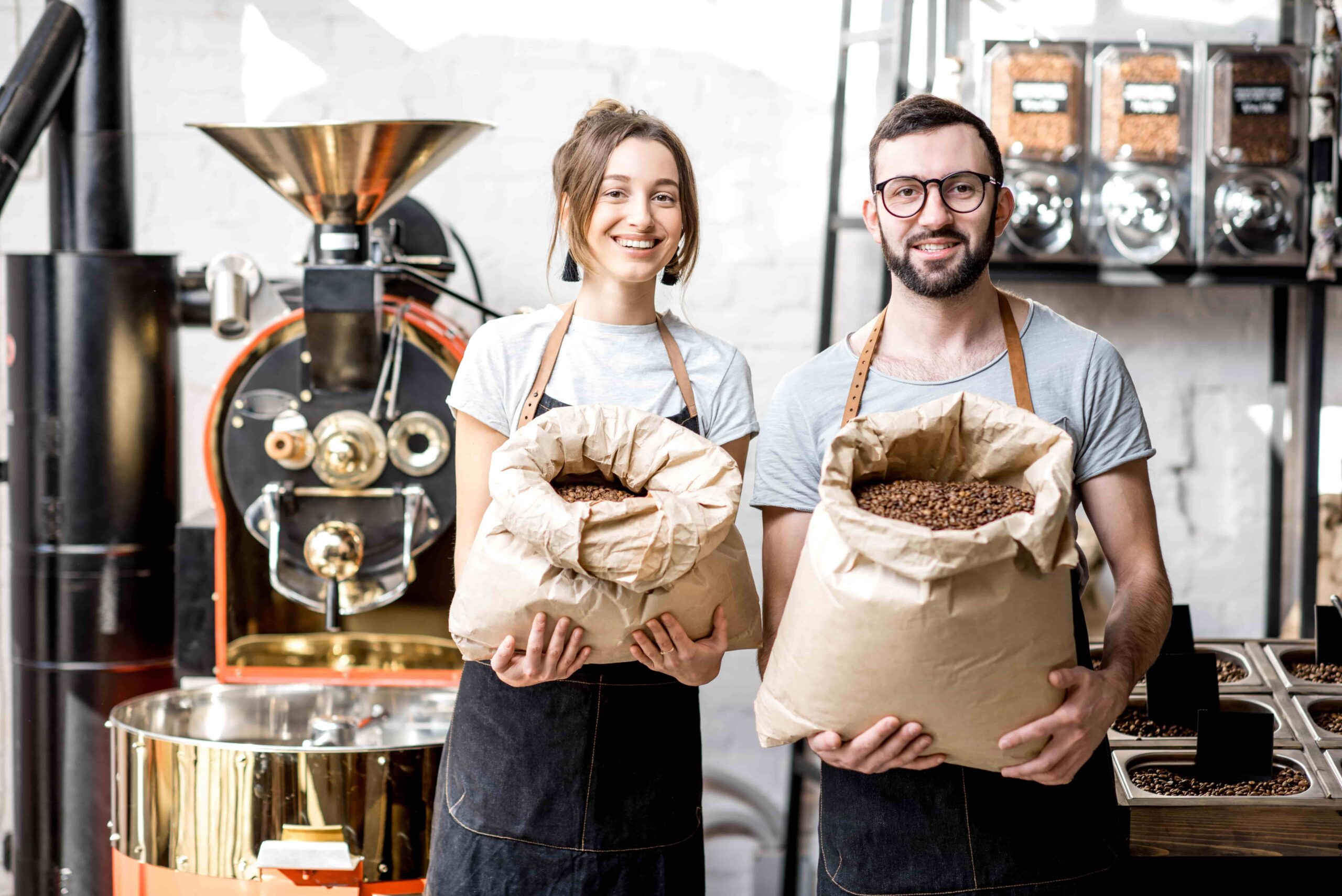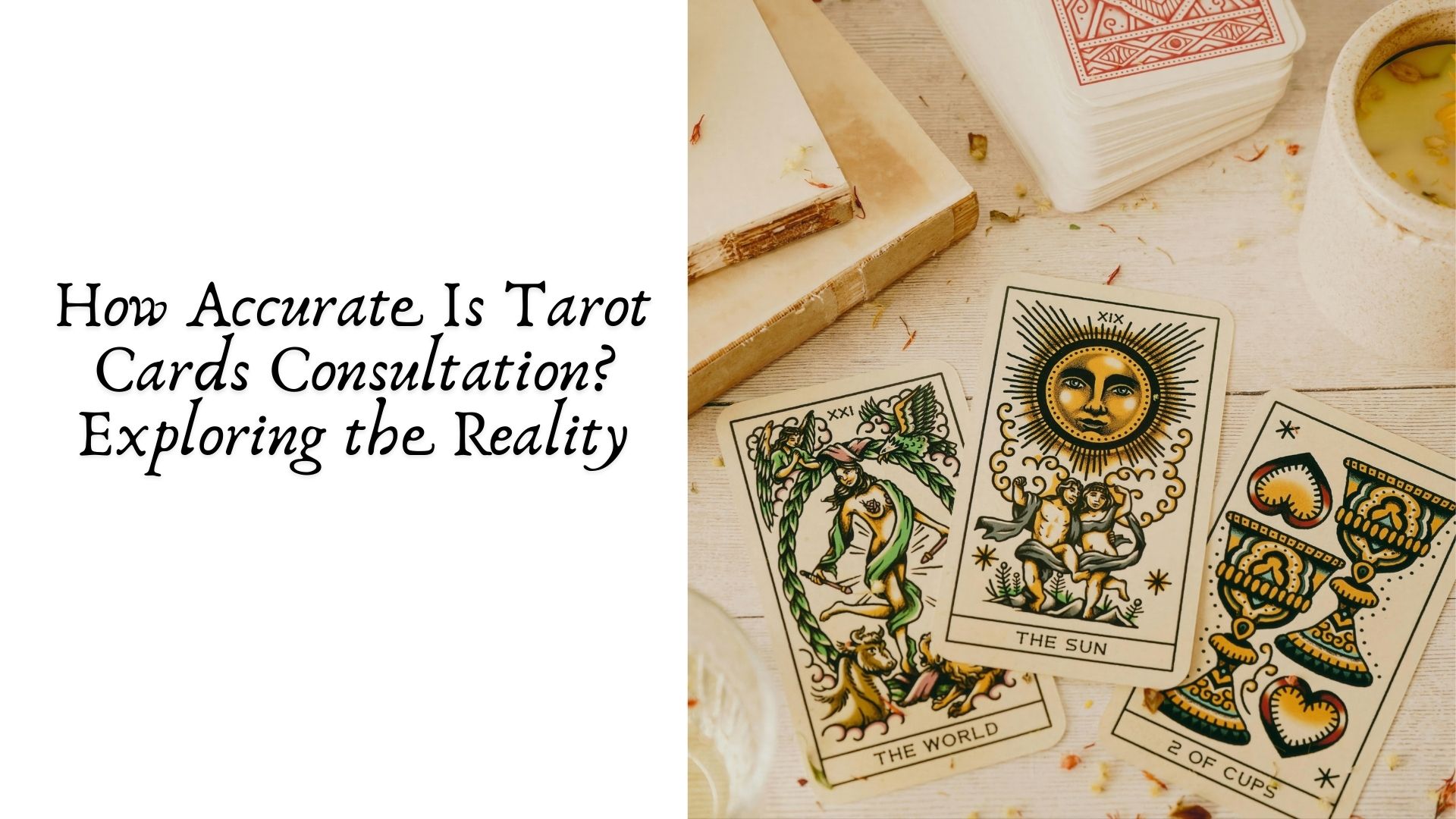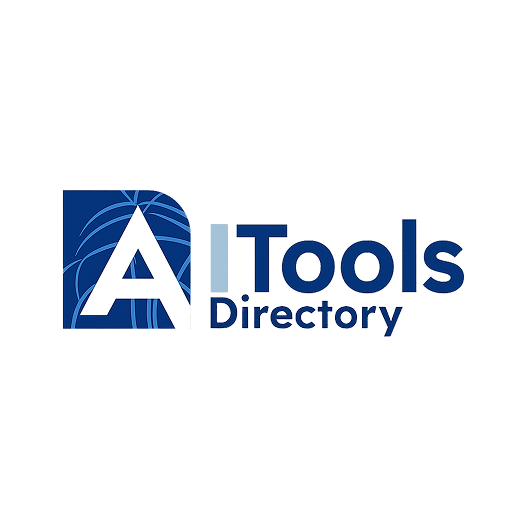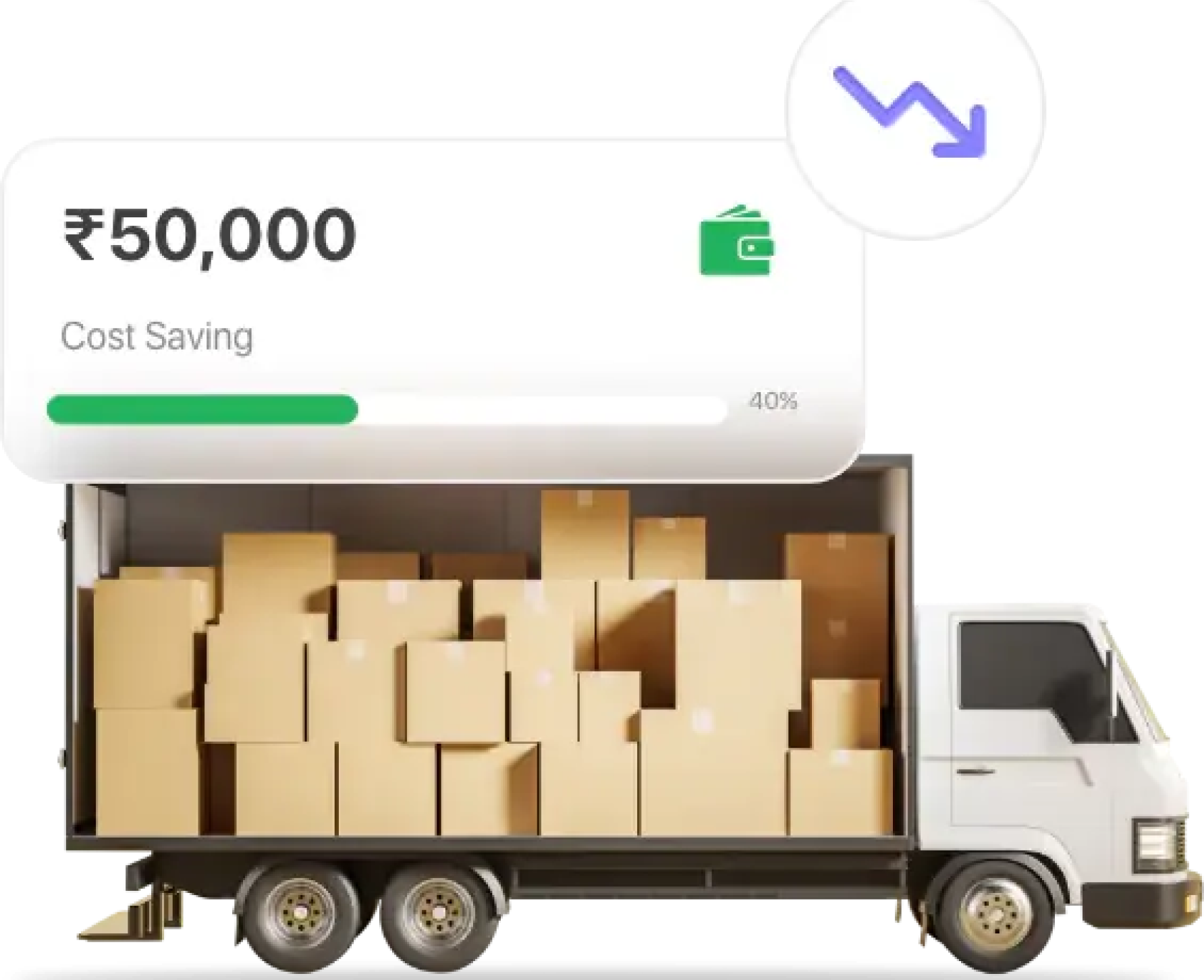
Are you searching for dependable wholesale food suppliers across Europe to stock your restaurant, event business, or retail outlet? In this post, we explore how to find, evaluate, and partner with top vendors. Whether you want food wholesalers online, explore bulk party food supplies, or buy food in bulk (including cheap soft drinks wholesale) — this guide helps you navigate the European market with confidence.
Why Europe is a Smart Region for Wholesale Food Supply
Cost Efficiency & Proximity
Choosing suppliers within Europe reduces long transit times, currency fluctuations, and high import duties. Local sourcing often yields better margins.
Quality & Safety Standards
European wholesale suppliers must comply with rigorous food safety regulations (HACCP, ISO, EU food regulation), giving buyers peace of mind about product integrity.
Product Variety & Specialty Lines
From Mediterranean olive oils to Nordic seafood and Central European sweets, Europe offers a rich diversity. Many suppliers also specialize in organic, halal, or vegan lines.
Sustainability & Green Logistics
Many European suppliers are adopting sustainable packaging, reduced carbon footprints, and eco‑friendly supply chains. This adds value for buyers who care about green credentials.
How to Find & Vet Wholesale Food Suppliers
Use Digital Marketplaces & Directories
Start with B2B platforms and supplier directories. Filter by country, product category, certifications. This lets you compare many options quickly.
Trade Fairs & Industry Exhibitions
Events like SIAL Paris, Anuga (Germany), and Gulfood Dubai (for exporters to Europe) allow you to meet suppliers face-to-face, sample products, and negotiate.
Request Samples & Pilot Orders
Never commit blindly. Ask for small trial shipments or sample cases to test quality, packaging, and consistency.
Check Credentials & Certifications
Ask for HACCP, ISO, organic/halal certificates, lab test results, audit reports, traceability systems, and compliance with EU import rules.
Assess Logistics & Delivery Capability
Verify cold chain capacity, delivery reach in your region, warehousing options, and reliability of shipping partners.
Communication & Terms
Evaluate how responsive the supplier is. Negotiate payment terms, minimum order quantities (MOQs), and flexibility for future scaling.
Key Product Categories & Opportunities
Bulk Party Food & Catering Supplies
For weddings, corporate events, or festivals, suppliers offer bulk platters, snack boxes, dessert packages, and meal kits. Buying these in volume reduces per-plate cost.
Frozen & Ready-to-Eat Foods
Consumer demand is shifting toward convenience. Many European wholesale suppliers now carry frozen entrees, vegetables, and snack foods that can travel long distances safely.
Beverages & Soft Drinks
Often bundled with food orders, beverages are a central category. Suppliers often offer cheap soft drinks wholesale deals, including sodas, bottled water, juices, and private label options.
Combined Food + Drink Bundles
Some suppliers let you mix food and drink orders to gain better volume discounts. This is useful when you buy food in bulk and want an integrated solution.
Using Online Channels & Trends
Digital ordering is now the norm in many parts of the European wholesale food sector. More buyers now choose food wholesalers online for speed, comparison, and transparency.
As seen in this recent post, a European exporter commented, “Back from an amazing exhibition in Amsterdam — full of energy, opportunities, and inspiring people! We were proud to showcase premium Ukrainian and Polish ingredients to an international audience.” That illustrates how suppliers combine digital presence and trade networking in Europe.
These channels allow buyers to filter suppliers by region, certifications, product lines, and logistics capabilities — making your search more efficient.
Tips & Best Practices for Bulk Buying
Forecast & Plan Carefully
Match your order sizes to anticipated demand. Too much surplus food can spoil, too little hurts your ability to serve.
Stagger Orders
Rather than placing one huge order at once, schedule staggered deliveries. This frees cash flow and reduces spoilage risk.
Negotiate Volume Discounts & Rebates
Ask suppliers for incremental discount tiers, rebates on long‑term commitments, or joint marketing deals.
Use Multiple Suppliers
Diversify sourcing across suppliers or countries to avoid single‑point risks (e.g. supply disruptions, logistics delays).
Bundle Orders
Where possible, bundle food and drink categories together. Suppliers often give better terms for mixed bulk orders.
Monitor Compliance & Safety
Continuously audit your suppliers. Test random batches, check for allergen declarations, freshness, and traceability.
Challenges in European Wholesale & How to Overcome
Regulatory Differences & Customs
Each European country may have slight food rules. Post‑Brexit rules also impose checks on UK‑EU trade. Customs delays can disrupt supply.
Solution: Use bonded warehouses, work with customs‑savvy logistics partners, and keep alternate suppliers in various countries.
Cold Chain & Logistics Complexity
Transporting perishable goods across borders requires rigorous temperature control.
Solution: Partner with logistics firms specializing in cold chain, use regional distribution hubs, and track shipments in real time.
Currency & Payment Risks
Cross‑border deals often involve currency fluctuations, banking fees, and payment guarantees.
Solution: Negotiate in stable currencies, use open account terms, letters of credit, or escrow arrangements.
Supplier Reliability & Quality Variation
Some suppliers may underdeliver, shift product specs, or compromise quality.
Solution: Always pilot test, maintain alternate sources, and include quality clauses in contracts.
Example Scenario: Scaling Beverage Supply Across Europe
Suppose a beverage brand in France wants to expand into Eastern Europe. They evaluate several wholesale food suppliers offering beverage lines. One Polish supplier offers favorable freight rates and consistent supply, including cheap soft drinks wholesale packages. The French brand negotiates a fixed quarterly volume deal, uses a third‑party logistics partner with cold transport, and scales supply into Poland, Czechia, and Hungary. By doing so, they minimize transit time, ensure freshness, and expand reach reliably.
Conclusion
Working with strong wholesale food suppliers across Europe can unlock pricing, reliability, and product diversity advantages. Use digital tools to vet food wholesalers online, include bulk party food supplies in your sourcing plans, and don’t miss out on cheap soft drinks wholesale opportunities. Plan carefully, audit your suppliers, and manage logistics smartly.
When you’re ready to scale or refine your supply chain, reach out to “thomandee” — we excel at connecting brands with trusted wholesale food suppliers in Europe. Let us help you buy food in bulk smarter and grow your business together.
FAQs
Q1: What order volumes do wholesale food suppliers typically require?
Order minimums vary: some require pallet or container volumes, others accept lower MOQs for new clients. Always ask.
Q2: How can I verify a supplier’s food safety credentials?
Request HACCP, ISO, audit reports, laboratory test certificates, and proof of traceability systems.
Q3: Is it possible to source cheap soft drinks wholesale across multiple countries?
Yes — but factor in shipping, tax, and import compliance costs before assuming it’s “cheap”.
Q4: What’s the best way to find food wholesalers online?
Use B2B platforms, directories, LinkedIn, and industry fairs to discover and contact suppliers.
Q5: How do I manage risk when buying bulk party food supplies?
Diversify suppliers, pilot small orders first, schedule staggered deliveries, and maintain food safety oversight.





